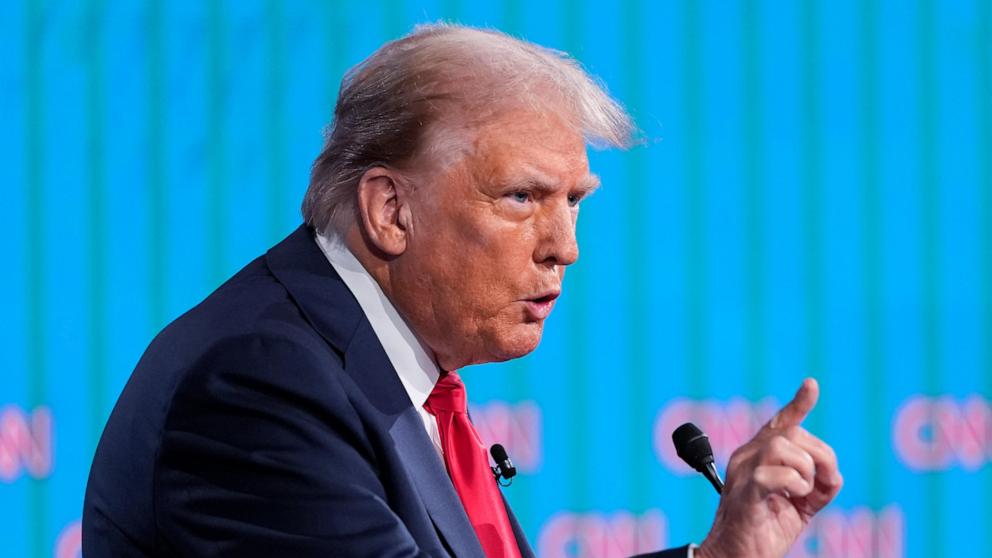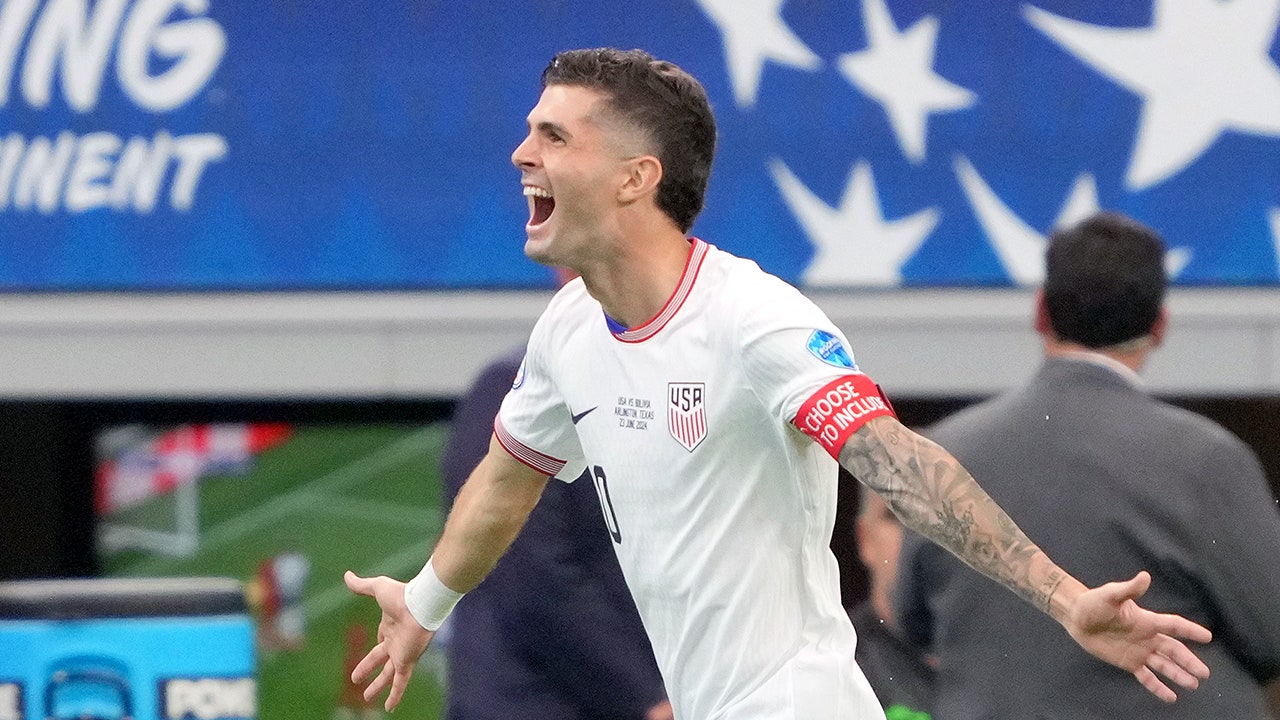The debate about the value of presidential debates



There was a time in American history when it was practically a requirement for any serious presidential candidate to look good on a horse.
Until the 20th century, it was generally considered beneath the dignity of a presidential candidate to run a campaign. Instead, candidates were selected at party conventions just a few months before the election and the actual campaigning was carried out by proxies.
In 1896, William McKinley conducted a famous “campaign” by giving a speech from the porch of his home in a small Ohio town to anyone who would listen.
This process developed in the early 20th century with the invention of the radio and the facilitation of railroad travel. However, even then, despite having voted for him four times in 1932, 1936, 1940 and 1944, the vast majority of Americans had no idea that Franklin Roosevelt – arguably the most important and successful head of government in American history – suffered from severe physical disabilities.
Of course, television ushered in a dramatic change – most notably with the introduction of televised presidential debates.
In 1960, Democrat John Kennedy narrowly defeated Republican Richard Nixon. This electoral victory was widely attributed to the pair’s performance in the televised debate. Radio listeners generally assumed that Nixon had won the first debate, but he was ill and wearing poor makeup. The contrast with the handsome, tanned and well-rested Kennedy proved fatal to his chances with millions of viewers.
From 1964 to 1972, the country managed without presidential debates, but since 1976 they have been an integral, some would even say inevitable, part of the electoral process.
For better or worse, a significant number of Americans—or at least many of the influential people who seem to dominate the conduct and coverage of elections—have decided that the public must have the opportunity to examine candidates, as the saying goes, “up close and personal.” That now means candidates must contend with the stress of answering impromptu questions in a limited amount of time while under both the hostile gaze of their opponent and the glare of high-definition television.
Interestingly, while it is widely acknowledged that debates are essential and that any candidate who refuses to participate is avoiding his opponent, it is incredibly difficult to imagine a debate in the course of a dozen elections – 13 if you count Nixon-Kennedy – that revealed anything particularly remarkable about the candidates or, indeed, about the presidencies that the respective winners ultimately sought.
Of course, there were slip-ups and quick-witted remarks, but on the whole, the performances at the presidential debates ultimately revealed very little of real relevance about the participants – much like the posture of a candidate on a horse.
In 1976, Jimmy Carter was credited with defeating Gerald Ford after Ford made a faux pas in describing the status of Eastern Europe. But Carter’s presidency was largely unsuccessful.
During a debate with Walter Mondale in 1984, Ronald Reagan forgot for a painful moment the issue he was addressing. Voters barely noticed, however, and he remained popular throughout his second term.
George HW Bush was lambasted by critics for his nervous habit of repeatedly checking his watch during one of his debates, but again it remains a mystery what this had to do with the success or failure of his presidency.
While it is highly questionable whether debates provide a true indicator of a candidate’s chances of success in the White House, some have concluded that last week’s Biden-Trump debate is an exception to the rule.
Even many progressives who despise Trump and accuse his performance of numerous blatant lies have concluded that Biden – an 81-year-old with a scratchy throat and a lifelong stutter – was not quick-witted enough for much of the 90-minute television show to be fit for a second term.
His performance over the last three and a half years and that of his largely scandal-free government are irrelevant.
No matter what decisions he made, what capable people he appointed or what statements his doctors made.
It doesn’t matter that the office of president hardly involves any tasks comparable to those in the uniquely bizarre pressure cooker of a television debate.
Never mind that Biden, whose mother lived to the age of 92, arrived in Raleigh at 2:30 a.m. the morning after the debate and, hours later, delivered an honest and passionate campaign speech to thousands of people.
Rather, these experts say, it is obvious that Biden is not up to a task that primarily involves making sober, behind-the-scenes decisions at the Interior Department, a task that, they admit, he has done extraordinarily well so far.
Will this critical view prevail?
Biden says he’s in it for now to stay, while Trump – who will be 82 when he returns to the White House during his second term – is doing everything he can to capitalize on the situation, hoping Democrats will send a last-minute replacement he can crush.
Whatever the outcome, at last check there was no indication that critics of either candidate believe that riding ability should be added as a criterion for voters between now and November.
Rob Schofield is publisher of NC Newsline, a nonpartisan, nonprofit newsroom based in Raleigh dedicated to fearless reporting and hard-hitting commentary that highlights injustice, holds officials accountable and helps improve the quality of life across North Carolina.



